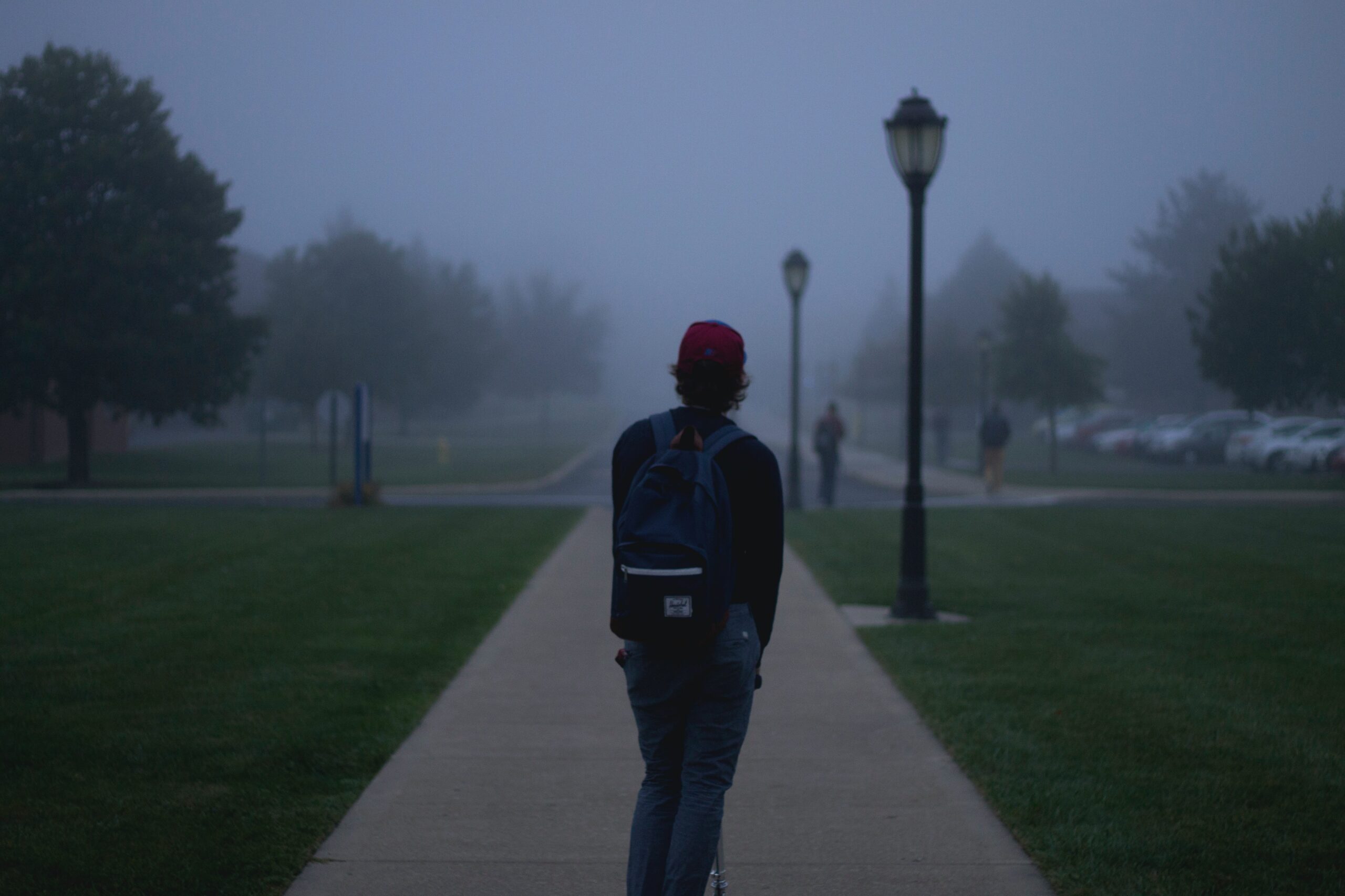
Social isolation and economic uncertainty brought on by the COVID-19 pandemic have deeply impacted college students’ mental health. While students of all genders have felt the weight of the past year, male college students in particular are at risk of ignoring mental health symptoms.
The latest Student Voice survey, conducted by Inside Higher Ed and College Pulse and presented by Kaplan, finds that nearly 7 in 10 (68%) college students report that their mental health has declined since the onset of the pandemic, and male students are less likely than their female classmates to say so (61% vs. 74%). However, traditional standards of masculinity often stigmatize mental health issues as a personal failing or weakness, making it difficult for some young men to admit they’re struggling or reach out for help. Studies show that mental health among men often goes untreated. According to the National Institute of Mental Health, suicide is a leading cause of death among young adults, and in 2018 the suicide rate among young men was almost four times higher than among young women.
A year into a pandemic that’s increased stress and anxiety around the globe, an alarming number of young men feel they have no emotional support. One in 5 (20%) male college students report not having a single person in their life they can talk to when feeling stressed or anxious. Male students’ reliance on friends for support also decreased during COVID-19. Almost 7 in 10 (69%) male students say they relied on their friends most for emotional and mental support before the pandemic, compared to 6 in 10 (60%) who say they have relied on their friends for support during the pandemic.
Who have you relied on most for emotional and mental support before and during the pandemic?
Whether the idea of talking to friends over Zoom doesn’t sound appealing or they’re too burned out to put in the effort, male students aren’t relying on their friends as much as they used to. This could be because male friendships tend to be more activity focused. In non-pandemic times, this meant grabbing a meal, watching football, playing video games, or going to a concert together. With social distancing practices disrupting the ability to physically see friends, it can be difficult to replace those activities with a phone call.
Considering the widespread decline in mental health due to the pandemic, it’s imperative that students know where and how to find treatment if they need it. Should they decide to seek help, many young men may prefer more private, flexible options like online psychiatry or therapy for issues such as anxiety and depression rather than in-person services in their school or community. There are also apps that can specifically help students manage stress and avoid self-harm.
Regardless of the preferred method, a knowledge of all available options is paramount in being able to utilize the proper care. Even with vaccinations increasing and colleges preparing to return to some sense of normalcy, pandemic-related mental health issues won’t disappear overnight.
If you need immediate mental health support, you can text HOME to 741741 to reach the Crisis Text Line. If you are thinking about suicide, please call the National Suicide Prevention Lifeline at 1-800-273-TALK (8255).




